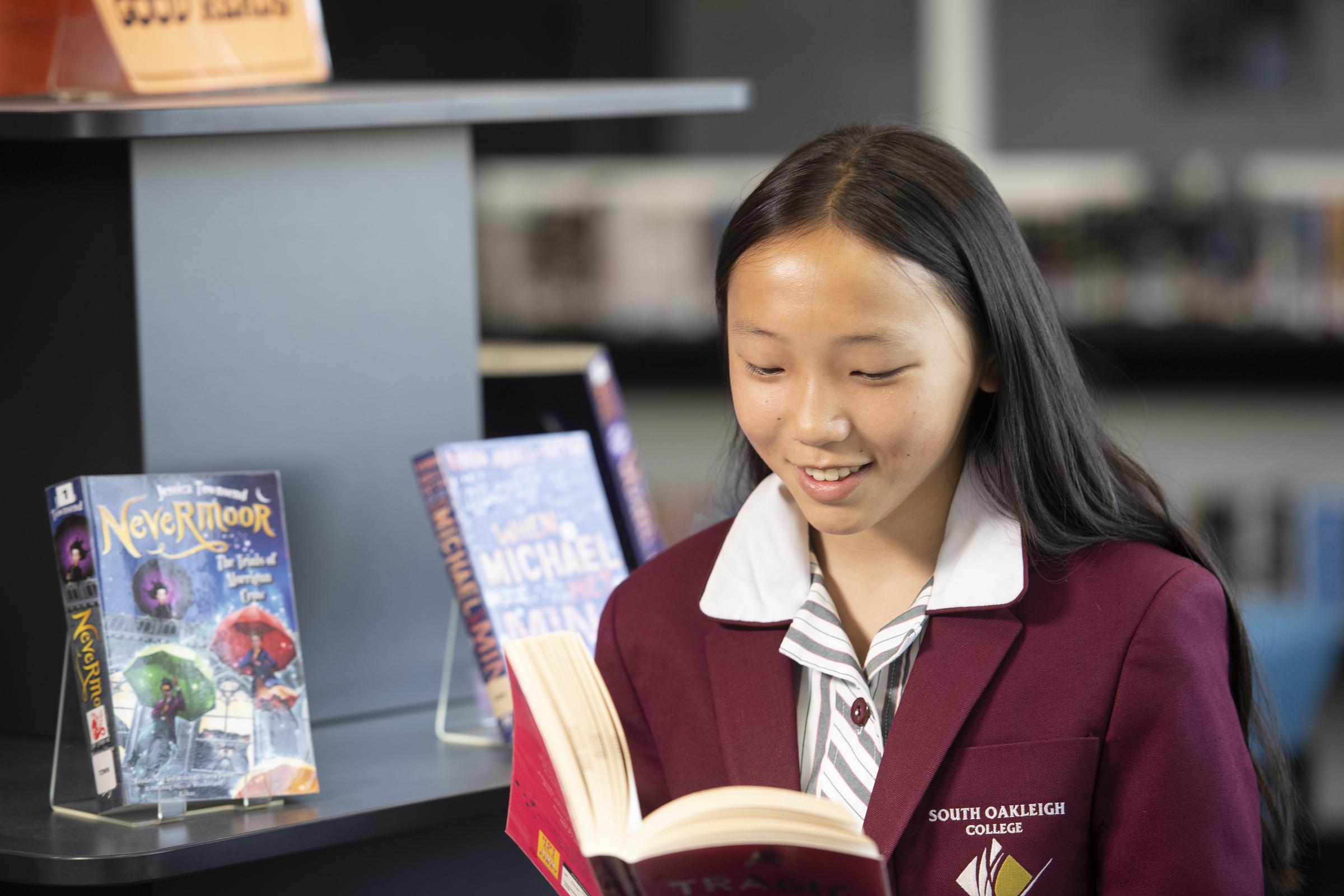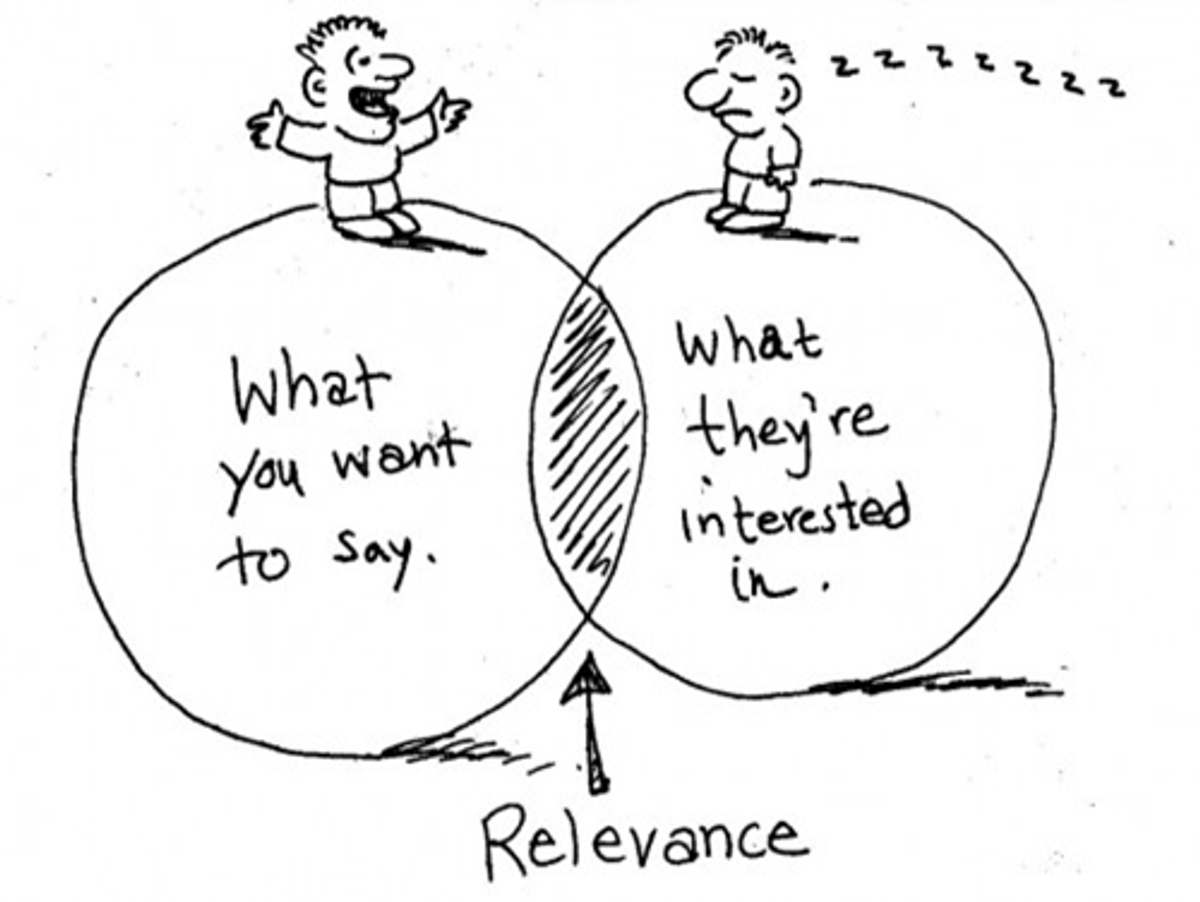English

EAL
Relevance can help students realise how useful knowledge can be. Through a variety of experiences students discover viewpoints that are beneficial, challenging and mind stirring. Good literary texts provide important experiences that students may never personally encounter. Additionally, analysing and talking about different issues relevant to the study of texts gives students the opportunity to share ideas and thoughts, as well as have their voices heard.
Ms Inna Zhiv
EAL teacher
The Women of Troy
This year we had an unforgettable experience seeing Euripides' The Women of Troy at All Works Theatre in Dandenong. The play produced a powerful effect on students as it reflected the aftermath of war and the tragic consequences that the survivors of Troy—women and children— endured. The play was enlightening as the actors brought their characters to life.
Experiencing the play live on stage was a great opportunity and, as we prepare for our VCE exams, gave us better insight into Euripides’ intention. It was unusual at the time to focus on the suffering and devastation of women and children rather than the glory and bravery of men, as the consequence of war.
Seeing the play in its original form—exactly how Athenians saw it in Euripides' time—gave us insight into the character of Euripides as both a brave playwright and responsible citizen who was not afraid to challenge the societal views and values of his time.
Euripides’ play The Women of Troy is both unforgettable and relevant to our life experience.
Apart from having an opportunity to visualise what we read, Euripides’ illustration of the cruelty of war through the experiences of women and children of Troy has driven us to be morally concerned and disturbed when thinking about wars and political conflicts in different parts of the world today.
It has made us realise that although we enjoy peace and relative prosperity in Australia, lots of people around the world continue suffering from oppression and atrocities. Creating a contrast to the peaceful lives we enjoy in Australia; the play has left us thinking critically of what is happening on this planet Earth we all share together!
Theano- Christina Salta
Euripides The Women of Troy remains one of the most challenging and unique plays of our time. Euripides depicts the fate of the women of Troy after their city has been destroyed. Their husbands and sons have been killed and the women, with their small children, await their fate—division and enslavement by the Greeks.
Readers all over the world love Greek tragedies because they teach us important lessons relevant to our lives today. One of the essential lessons we learned from The Women of Troy is that seeking vengeance like Menelaus selfishly did after his wife Helen left Greece with Paris, a wealthy Trojan prince, is catastrophic for everyone. Such revenge results in devastation, death and continuous suffering on both sides.
This has taught us that we do not have to absolve a person for their wrongdoings but instead, make a conscious effort to let go of anger and frustration in order to achieve positive outcomes, which will result in more satisfying personal and work relationships.
Another important lesson to be learned is to align our values with our actions. In the play Talthybius, the herald of the Greeks, continuously delivers bad news to the Trojan women, including the pending execution of Astyanax, Hector’s son. Talthybius asks the Trojan women not to blame him for harmful messages as he is no more than a messenger announcing the King’s wishes.
In real life situations we come across people who behave in a morally wrong way, but they continue doing it, sometimes a smile on their face, instead of taking responsibility for their actions. Expediency should be punishable. If we understand what dignity is, we should take responsibility for our actions, contrary to what Helen did after the fall of Troy—blaming gods and Paris for her wrong doings whilst trying to persuade Menelaus to forgive her.
Taking responsibility for our actions means that we are the masters of our souls and this, I believe, brings positive experiences and emotions to our life. We will be more successful and emotionally complete when we truly care about the people who are part of our life: our work mates, friends, or members of our family. We will be more satisfied with our existence—a unique experience given to us only once—if we take responsibility for our actions, allowing us to move forward to achieve our personal goals, success and fulfilment with dignity and self-respect.
Maria Psomadelli
Year 8 visit to Holocaust Centre
The year 8 Accelerated English class visited the Holocaust Centre in Elsternwick recently. The following excerpts are some of their impressions:
During the excursion to the Holocaust Centre we were given a brief history of World War 2 from the eyes of the Jewish people and provided with the extraordinary experience of meeting a Holocaust survivor. After the Holocaust Centre, we watched Nicky’s Family, a documentary about the valiant efforts of Sir Nicholas Winton who rescued many young Jewish children from Europe and brought them to England.
Finlay Eker
On Wednesday 7 August the Year 8 Accelerated English class went to the Jewish Holocaust Centre and to a cinema to watch Nicky’s Family to support our study of The Book Thief. We were shown a video at the JHC that explained what the Holocaust was, and then we were shown around the museum and saw sculptures and photographs of what life was like during WW2. We even got to speak to a Holocaust survivor (Viv). Viv explained that when she was little the French police came and knocked on her door, trying to take her family to a concentration camp. Luckily, she escaped with her siblings but she lost both of her parents.
After this, we went to the Classic Cinema to watch Nicky’s Family - a documentary that showed how one man saved many children’s lives during the Holocaust. I think it was very educational and interesting and has helped me understand more about the Holocaust and has given me a better understanding of The Book Thief.
Chaaya Sharma
The reason for our excursion was that in class we were reading The Book Thief written by Markus Zusak. The book reiterates the horrors and tragedies of WW2 so, as you can imagine, it was beneficial to go to a museum about this topic.
We arrived at the JHC and were ushered into a room already filled with other students. The speaker discussed the crimes of the Holocaust, highlighting the fact that 6 million Jews were murdered, 1.5 million of them innocent children.
We then were given a tour of the museum and artefacts with a guide who talked about her father who lived through WW2. One that stuck with me was a model of the concentration camps.
In The Book Thief, Max was one of the Jews that lived during WW2. He was forced to stay in basements and live off scraps. It never should have happened and everything at the JHC supported this.
Sophia Donnellon
Mr Tim Columbus
English teacher

